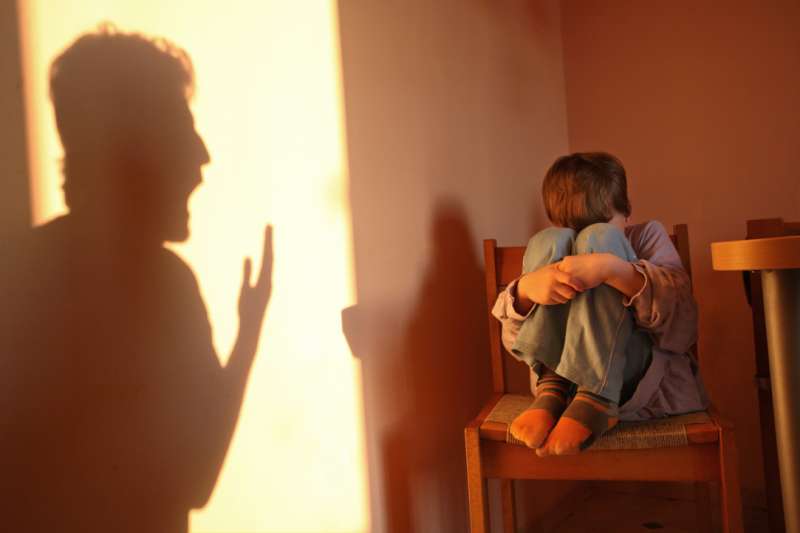The correlation between lying and alcohol consumption in teens

Adolescents who have a greater tendency to lie to their parents are also more likely to start using alcohol at an earlier age, while excessive parental supervision may aggravate rather than solve the problem. Both honesty and a lower risk of developing a drinking habit are usually the result of a trusting relationship between a teenager and parents, according to a joint study by New York University and HSE researchers, published at Journal of Adolescence.
Teenagers who habitually mislead their parents about their activities outside the home are more likely to start using alcohol, while their parents may be unable to help them, since the child has already mastered the skills of lying and hiding 'undesirable' information from adults. A longitudinal study conducted by U.S. and Russian researchers found a direct link between adolescent lying and early initiation into alcohol usage. The study used a sample of more than 4,000 U.S. seventh and eighth graders and their mothers. Respondents were anonymous; the adolescents listened to audio recordings of questions and responded confidentially. The researchers documented the sample's socio-demographic parameters and examined the child-parent relationships for openness and trust, with a particular focus on any examples of lying and hiding information. A separate group of questions was addressed to the adolescents, specifically concerning alcohol and drinking. Those adolescents who admitted to lying to adults were found to be more likely to have a drinking habit or a higher risk of future alcohol addiction than those who reported being honest with their parents.
This is the first paper to examine the relationship between teenage lies and alcohol use. Earlier studies focused more on the role of parental supervision in early alcoholism prevention. This study's findings also confirmed that a warm and trusting child-parent relationship could lower both the tendency to lie to adults and the risk of developing a drinking habit in adolescence. Adolescents tend to disclose more information about themselves to parents whom they perceive as loving and supportive. A child's satisfaction with family relationships can lower the likelihood of both lying and drinking.
In contrast, excessive parental monitoring was found to be ineffective in preventing bad habits in teens, often causing them to lie more. "Adolescence is the age at which children in our societies work hard to develop their skills of autonomy," according to sociology professor Victor Kaploun, co-author of the paper. "In a situation where trust is absent from the relationship between parents and their teenage children, the latter might consider both lying and drinking as acceptable practices for developing autonomy skills. This is why such behaviours are interconnected, while excessive parental control can be counterproductive."
The paper also notes that teens whose peers drink alcohol are also more likely to lie to their parents, but this effect is more typical for boys than girls. According to the authors, the findings can be useful for designing effective teenage drinking prevention strategies.
More information: Viktor Lushin et al, Parental monitoring, adolescent dishonesty and underage drinking: A nationally representative study, Journal of Adolescence (2017). DOI: 10.1016/j.adolescence.2017.04.003

















